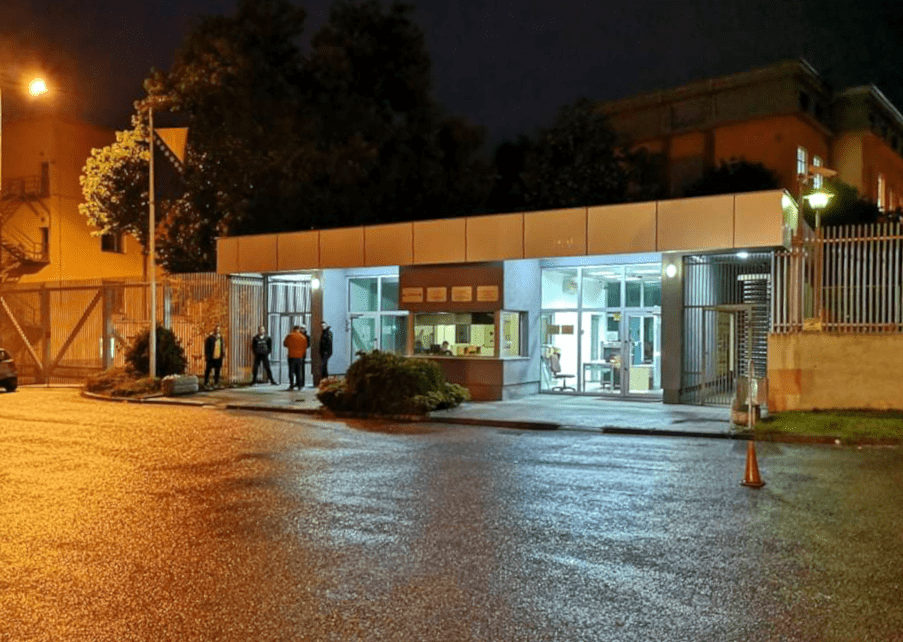This post is also available in: Bosnian
Currently in Bosnia and Herzegovina (BiH) five Criminal Codes are applied in local court system. How did this complicated legal situation arise?
During the period 1991-1995, when most of the acts for which individuals are tried today occurred, the SFRY Criminal Code was in force in BiH.
That Code contained provisions criminalising war crimes, but not crimes against humanity. It also did not include provisions regulating command responsibility.
For the past several years BiH has been going through a comprehensive reform process of its justice system and in 2003 four new Codes were introduced – the BiH State Criminal Code (BiH CC), the Federation BiH Criminal Code (FBiH CC), the Republika Srpska Criminal Code (RS CC) and the Criminal Code of Brcko District (BD CC).
Importantly, the BiH CC includes provisions criminalising both war crimes and crimes against humanity, while the entities’ CCs and BD CC do not include such provisions.
Accordingly, the entities’ justice systems continue to use the SFRY Criminal Code when charging and trying individuals for war crimes.
Recently, a number of individuals charged with or convicted of war crimes and crimes against humanity by the BiH State Court have attempted to challenge the applicability of the 2003 BiH CC crimes committed between 1991-1995 in BiH by evoking the principle of nullum crimen, nulla poena sine lege (no crime and no punishment without a law).
According to this principle, for a certain conduct to be considered criminal, it must have been defined as such in law before its commission, and with sufficient precision and foreseeability, so as to prevent arbitrary enforcement and ex post facto laws.
The international law also forbids that a heavier penalty is imposed than the one that was applicable at the time the criminal offence was committed.
However, the international human rights instruments, such as the European Convention for Human Rights (Art. 7 (2)) and the International Covenant for Civil and Political Rights (Art. 15) explicitly state that the principle does not prejudice the trial and punishment of any person for any actor omission which, at the time when it was committed, was criminal according to the general principles of law recognised by the community of nations.
It is indisputable that crimes against humanity were crimes according to international customary law and principles of international law during the critical period, and therefore despite the fact that such crimes were not foreseen in the SFRY laws,their prosecution is perfectly legal.
The BiH CC merely codified the internationally recognised rules by introducing Articles 171—184, (Chapter 17 Crimes against Humanity and Values Protected by International Law) which criminalizes the described offences.
In this manner, the provisions of the BiH CC were also brought in line with the provisions of the International Criminal Court (ICC) Statute.
Furthermore, the application of the current BiH Criminal Code is in compliance with the European Court for Human Rights jurisprudence.
Pursuant to this institution’s provision, crimes can be punished,even when not specifically provided for by the domestic law in effect at the time of the offences, if criminal liability is sufficiently foreseeable and accessible to the accused at the time of the offence.
In other words, an accused can be punished for conduct, provided that one were aware at the time of the commission of the offence that it was indeed a criminal act.
This requirement is met in the instance of war crimes trials at the Court of BiH, given that the doctrine of crimes against humanity had been developing for years and that similar offences had been codified in the SFRY Code and appropriate criminal sanctions were prescribed.
Specifically, during the period of the conflict it was possible to foresee that acts and omissions constituting crimes against humanity were criminal in nature, by virtue of provisions within the SFRY Code on crimes against civilian population committed at the time of war, and the criminal offence of racial and other discrimination, which contain elements of crimes against humanity now included in Articles 172 and 173 of the BiH CC.
These provisions are contained within Articles 142 and 154 of the SFRY CC.
It should also be noted that defendants in the Nuremberg and Tokyo trials systematically argued the “no trial no punishment” principle without any success.
No successful challenges have been made to the statute of the ICTY either, which was neither drafted nor adopted until late into the conflict in BiH.
Given the subsequent body of law left by the Post-World War II tribunals, as well as the ICTY, the ex post facto application of laws criminalising crimes against humanity and codifying command responsibility is considered to be in accordance with the international fair trial standards.
As regards the retroactive application of penalties and principle of leniency, the issue is more complex.
From 1991 to 1995 the SFRY Criminal Code prescribed 20 years as the maximum term of imprisonment. Capital punishment was the only penalty more severe.
Thereafter upon its signature Annex IV of the Dayton Peace Agreement abolished the death penalty and,at the same time, made the European Convention for Human Rights directly applicable in Bosnia as of 14 December 1995.




